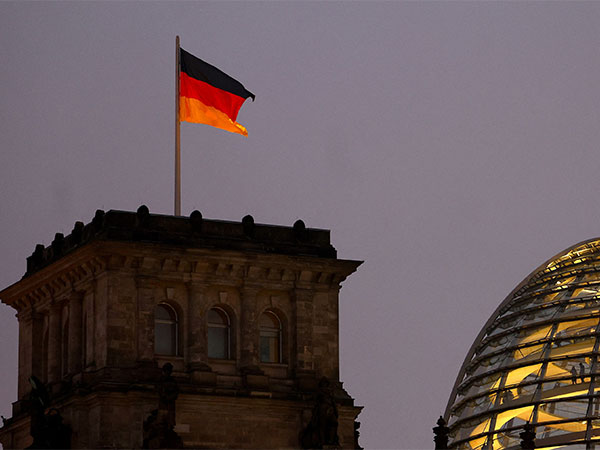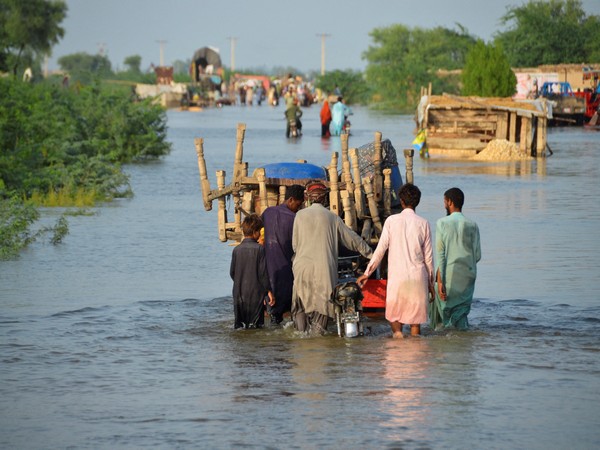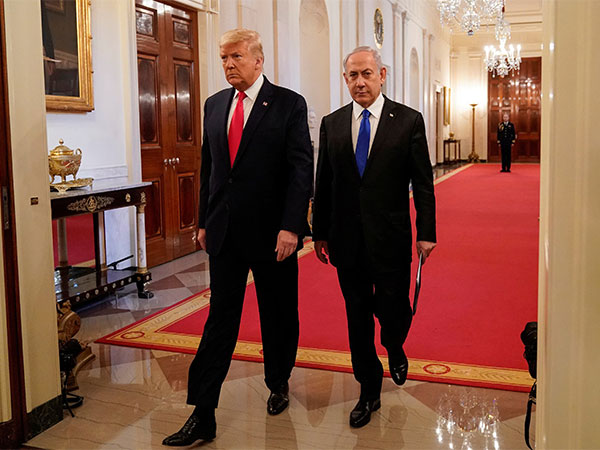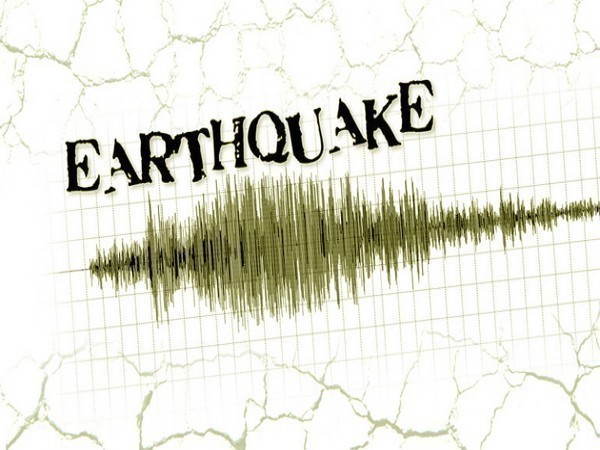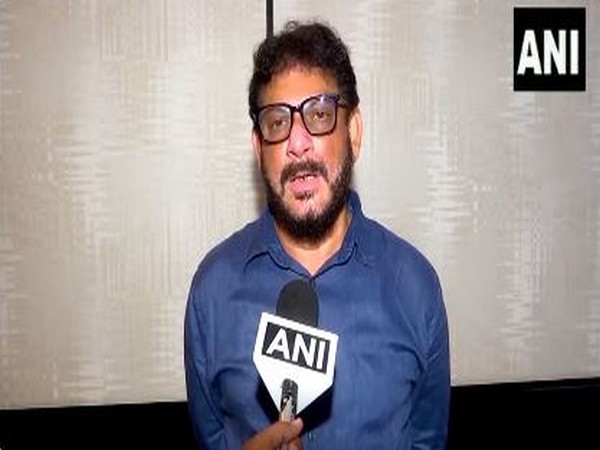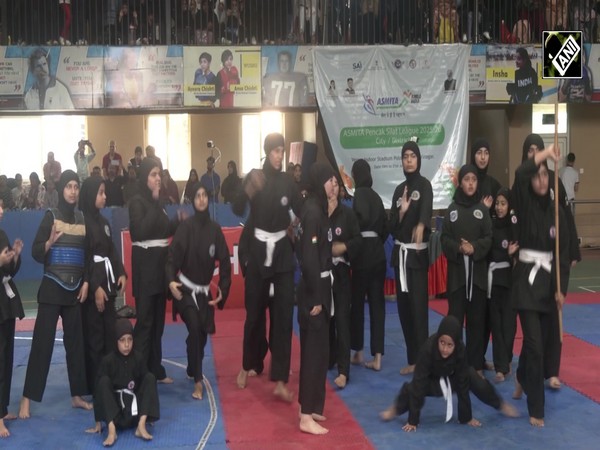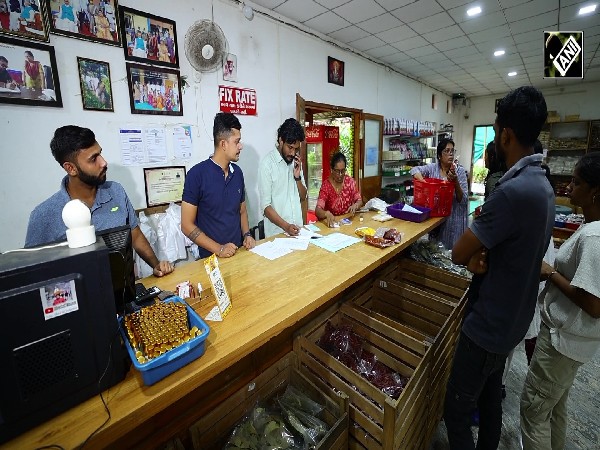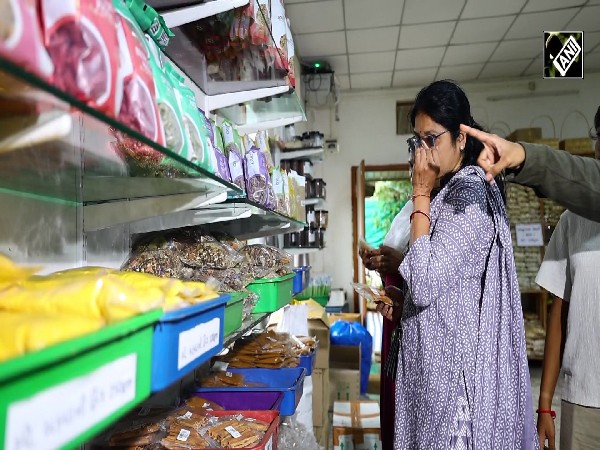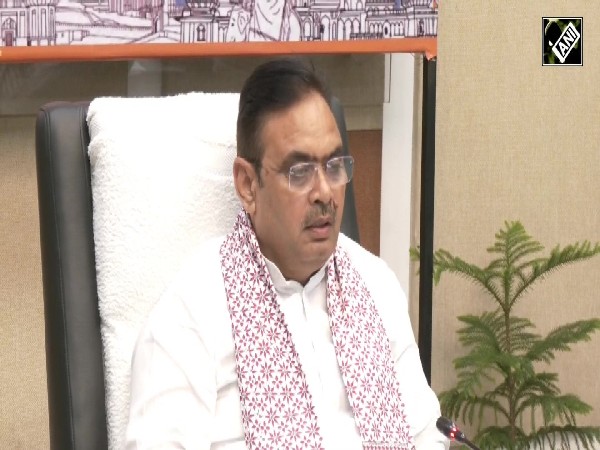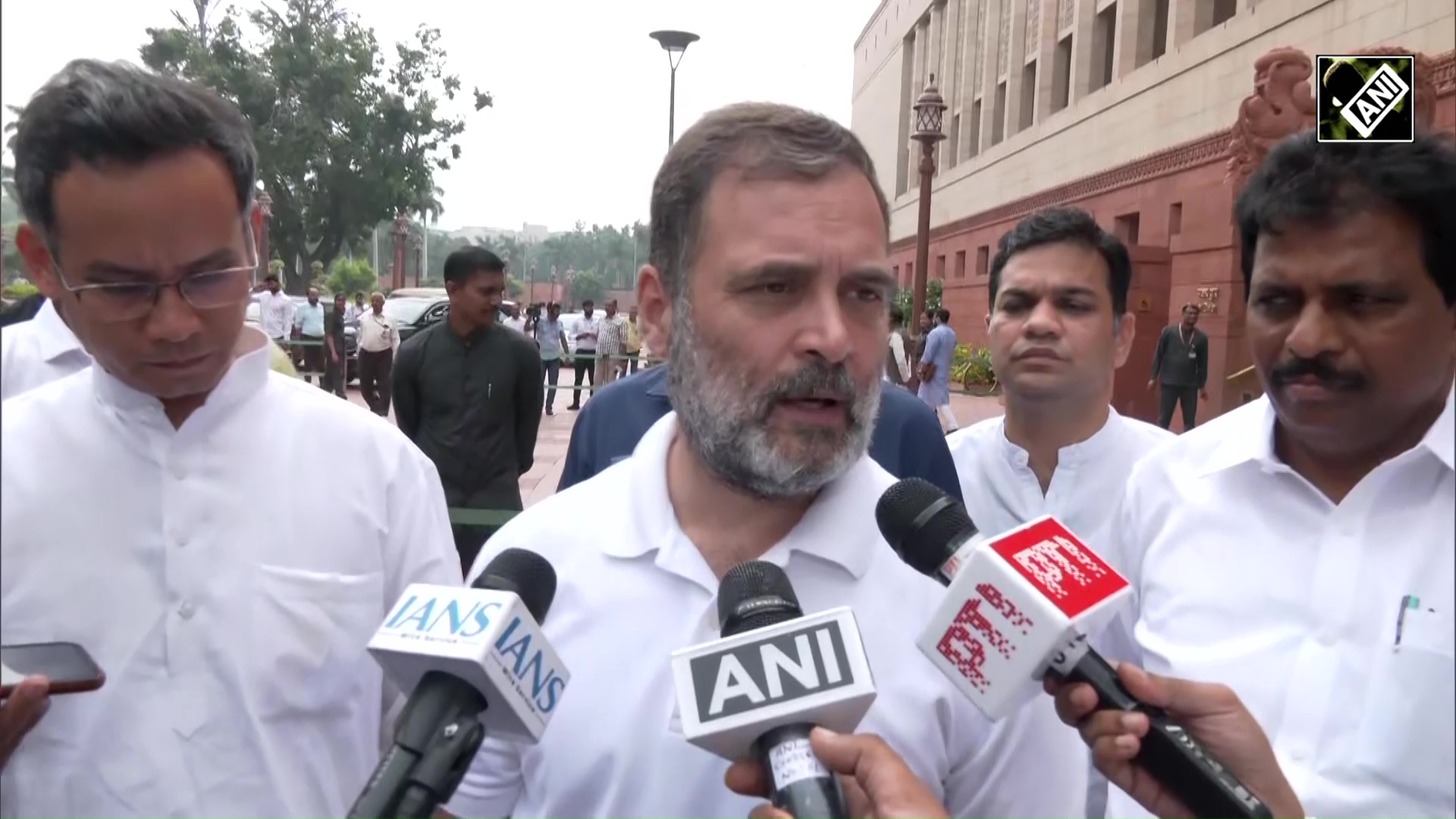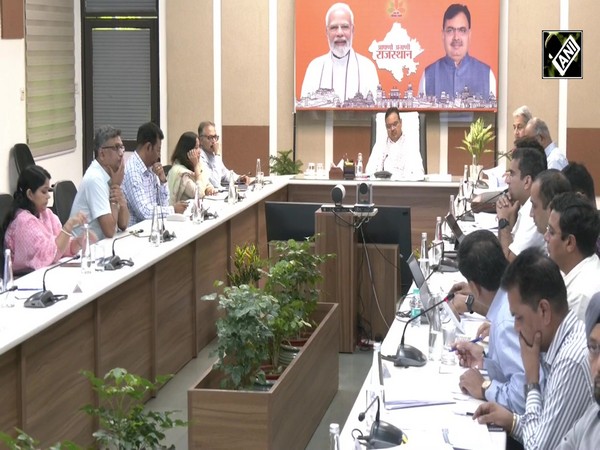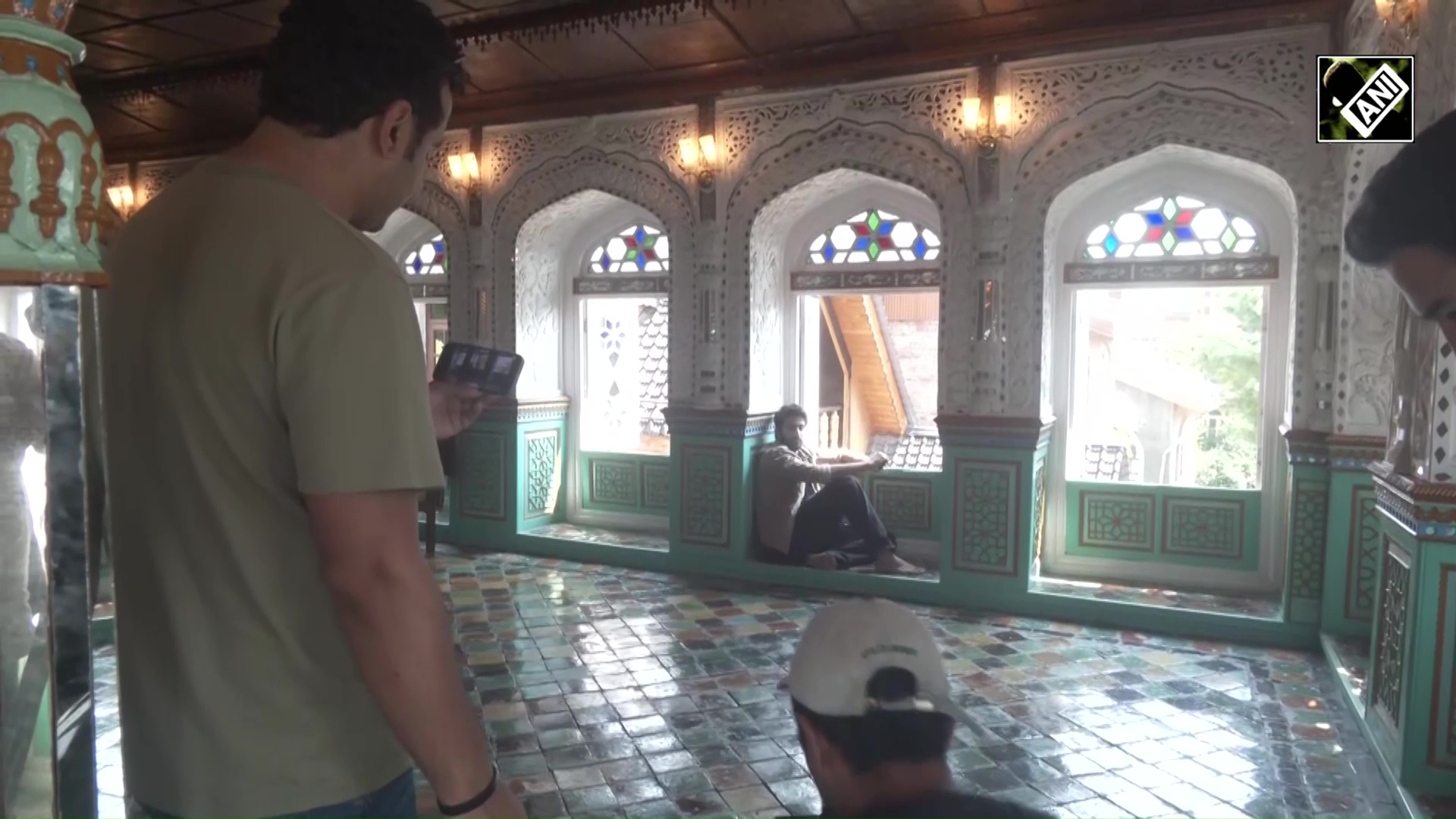Russian company transfers money to complete Akkuyu nuclear power plant in Turkey
Aug 01, 2022

By John Solomou
Nicosia [Cyprus], August 1 : In an effort to show the world that Moscow can do business as usual and execute projects agreed upon with other countries, despite US and EU sanctions, the Russian nuclear company Rosatom decided to transfer USD15 billion to Turkey for the construction of the Akkuyu nuclear power plant. Bloomberg has reported that officials said that an initial USD 5 billion had already been received last week.
The project is to be wholly financed by the Russian capital, but as half the international reserves of Russia have been frozen due to the sanctions imposed due to Moscow's invasion of Ukraine, it remains doubtful if Russia will be in a position to cover all the expenses to be incurred at the construction phase. Part of the money given by Rosatom will be used for the acquisition and development of a uranium deposit in Kazakhstan, and for acquiring lithium assets abroad.
If all the money is actually transferred, Moscow will show the world that construction work on the nuclear power plant, being built in Akkuyu on the Mediterranean coast of Turkey, at an estimated cost of USD 20 billion, will continue and will not be affected by US and EU sanctions on Russia.
When the four 1,200 megawatt reactors of the Akkuyu plant become operational, Turkey will be able to cover about 10 percent of its energy needs from nuclear power. Construction work started in 2018 and the project is scheduled to be completed by 2026. Its first unit is expected to be completed in 2023.
Earlier this week, Rosatom collected bids from potential creditors to provide a USD 6.1 billion credit line to finance Akkuyu Nuclear JSC, Rosatom's subsidiary in Turkey, and for the "temporary placement in deposits, purchase of dollar bonds of the Ministry of Treasury and Finance of the Republic of Turkey."
The purchasing of dollar bonds of the Turkish Treasury and the provision of the necessary funds to complete the construction of the nuclear plant was seen by pundits as a gesture of appreciation by Russian President Vladimir Putin for the active role played by Turkish President Recep Tayyip Erdogan in facilitating the breakthrough deal for the export of Ukrainian and Russian grain, as well as food and fertilizer through the Black Sea. The UN Secretary-General has described the deal as "a beacon of hope, a beacon of relief in a world that needs it more than ever."
It is remarkable that on the day before the announcement about the transfer of money was made, Akkuyu Nuclear JSC, the company responsible for building the plant, said that it had canceled its contract with Titan2 Ic Ictas, a joint Turkish-Russian contractor.
The timing of the bid aroused interest in Turkey because Rosatom decided to pursue the credit line just one day before its subsidiary, Akkuyu Nuclear JSC, replaced the Turkish-Russian joint venture contractor Titan2 Ic Ictas, with TSM Enerji, which is wholly owned by three Russian companies, without any Turkish participation. The reason given for the replacement of the contractor was that there were several problems, mainly with security and insurance.
So far, Rosatom has not been hit by US and EU sanctions, however, two of the banks providing finance for the Akkuyu project, that is Sberbank- the largest bank in Russia and Sovcombank have been subject to sanctions. It would be extremely difficult for Rosatom to secure foreign financing for the Akkuyu power plant, as international investors fear that they may run afoul of Western sanctions.
It should be noted that the nuclear plant follows the build-own-operate model and as Russia is responsible for all capital expenses to be made, it will be its owner for the first 25 years. The Turkish government will not take part in financing the project but has given significant tax exemptions to Rosatom as well as the right to build a port in the area, which will be the first Russian port in the Mediterranean.
Some critics of the Akkuyu nuclear power plant say that the permission to build a port and enjoy tax exemptions is like the "capitulations" of the Ottoman Empire, which were contracts between the Sultan and European powers, conferring rights and privileges in favor of the subjects of European powers resident or trading in the Ottoman dominions.
Environmentalists are against the project because it is being constructed in an earthquake-prone region and because when it is fully operational it will be using about one million cubic meters of cooling seawater per hour. They also express fears about the handling of nuclear waste.
Locals fear the plant will disrupt international tourism and significantly reduce agricultural investments in the region.
Another big question about the Akkuyu plant is whether some key components and equipment manufactured in other countries, like the Czech Republic, South Korea, Hungary and France will be actually supplied to Rosatom or the companies involved will refuse to do so, fearing that they will be violating the sanctions.
Time will show if Moscow will be able to complete the construction of the Akkuyu Nuclear Plant, despite the sanctions, provide the required financing, and find the necessary components from other countries, or the project will remain unfinished, causing great disappointment to Turkey - the only NATO country that refused to apply sanctions against Russia for its invasion of Ukraine.
